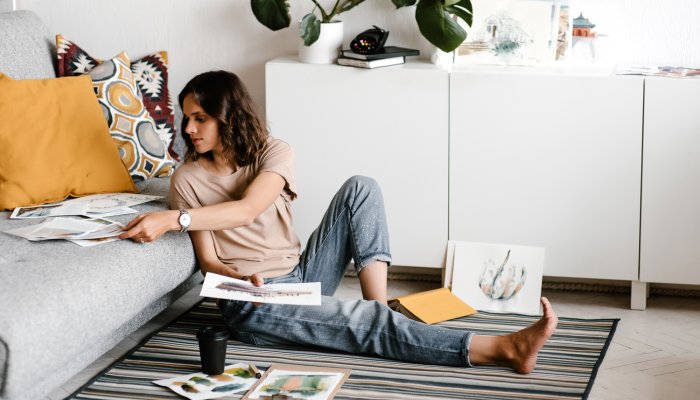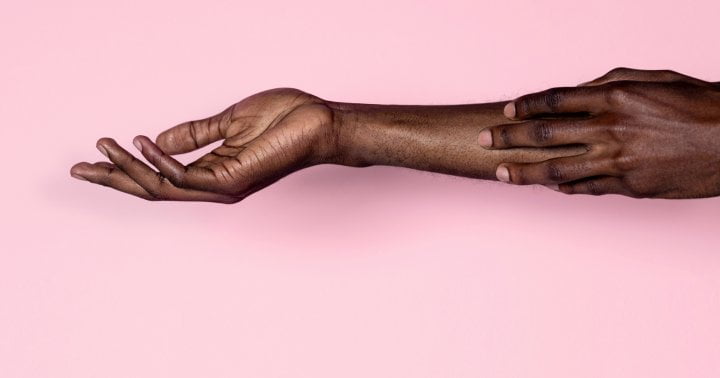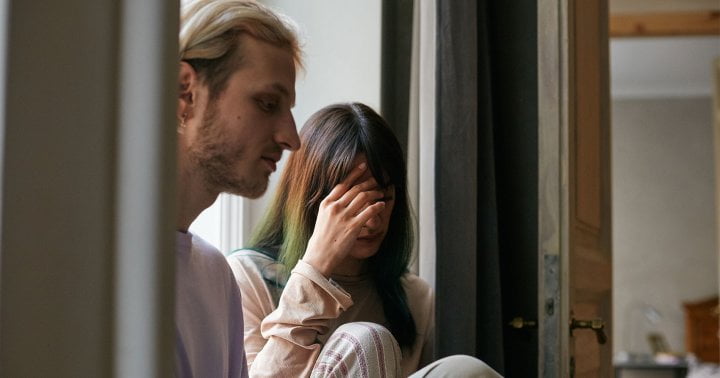I’m An Alzheimer’s Researcher & Neurologist: Here’s How Forgetting Boosts Creativity

And this is exactly the point. Creativity requires pre-existing associations—requires memory—but they must remain loose and playful. The artists’ testimonials teach us that creative abilities are forged by immersion in various elements and the establishment of associations between them, but only when the links are relaxed. All visual artists immerse themselves in visions, poets in words, scientists in facts and ideas. But what sets the great ones apart is that their associations are not set in stone.
Loosening associations, relaxing links, associations that are set in clay not in stone: all are required for creativity, and all sound like forms of forgetting. Is this true?
Evidence that forgetting is beneficial for creativity first came from studies in which psychologists used various ways to either strengthen or loosen associations between word pairs, like “blue–sky” or “cottage–house.” For example, by repeatedly exposing subjects to word pairs, researchers found that they formed tighter memories between those couplets and predictably initially performed worse on the creativity task. Subjects’ performance gradually improved over the next few days, however, an improvement that tracked with forgetting’s known timeline.
While those findings are interesting, other evidence that links forgetting to creativity comes from sleep studies. These studies clearly show that our creativity, whether measured by the creativity word task, or on other measures, significantly benefits from a good night’s sleep and in particular from our dreaming. And when examined, this benefit did not occur because sleeping is somehow restful. Nor did it occur because dreaming happens to sharpen a few memory snippets of what our minds were exposed to throughout our daily peregrinations.
Most of the studies were performed before the definitive evidence validated Francis Crick’s prediction that we sleep in order to forget much of our quotidian memories. Nevertheless, with the benefit of scientific hindsight, the inescapable conclusion is that we are most creative when associations of what we do remember are kept loose and playful by sleep-induced forgetting.
Excerpted from FORGETTING copyright © 2021 by Scott Small. Used by permission of Crown, an imprint of Random House, a division of Penguin Random House LLC, New York. All rights reserved. No part of this excerpt may be reproduced or reprinted without permission in writing from the publisher.
This article was originally published by mindbodygreen.com. Read the original article here.




